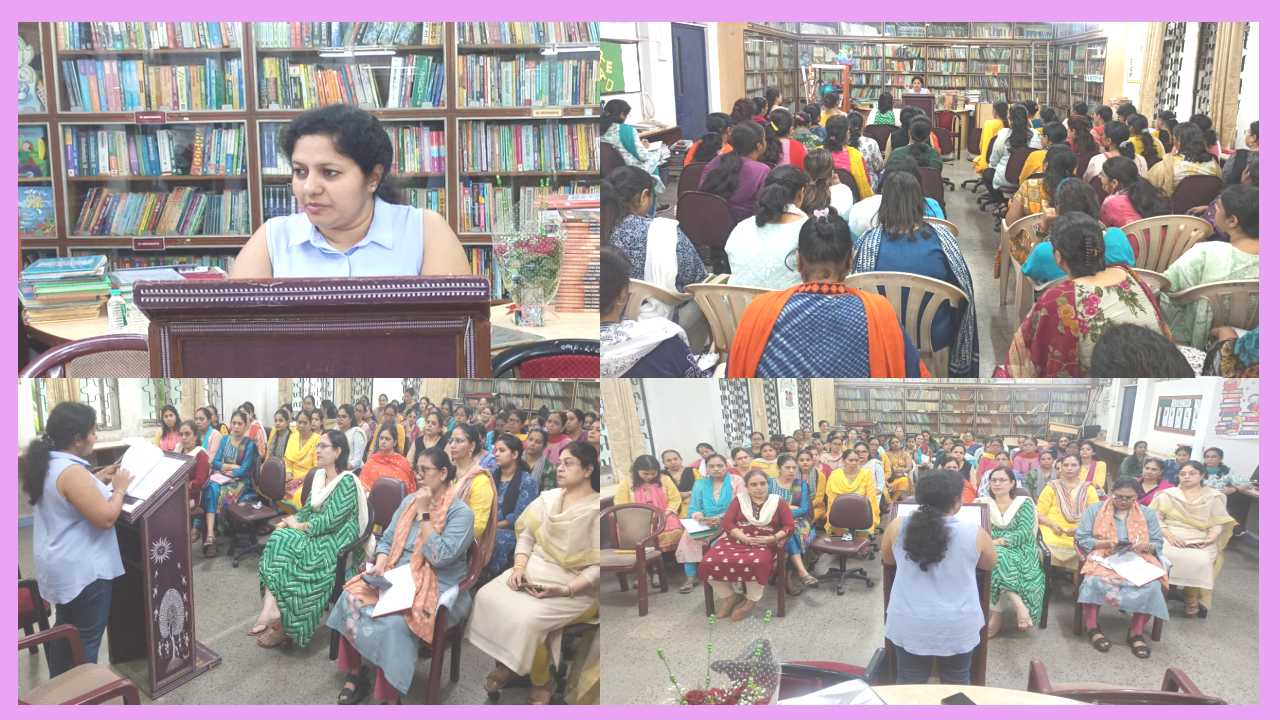POCSO, which stands for the Protection of Children from Sexual Offences Act, is an Indian legislation enacted in 2012 with the primary objective of safeguarding children from sexual abuse, exploitation, and harassment. The key features of the POCSO Act include:
1. Definition of Offences: The Act clearly defines various forms of sexual abuse against children and stipulates stringent punishments for offenders.
2. Special Courts: It designates special courts for the expedited trial of cases related to child sexual abuse to ensure swift justice.
3. Child-Friendly Procedures: The Act mandates child-sensitive procedures for recording statements and conducting trials to minimize trauma to the child.
4. Punishments: The Act imposes strict penalties, including imprisonment and fines, for perpetrators of child sexual offences and outlines guidelines for the rehabilitation of victims.
5. Mandatory Reporting: Certain professionals such as teachers and healthcare providers are obligated to report instances of child sexual abuse.
6. Awareness and Education: The Act promotes awareness programs and educational initiatives to educate children, parents, and communities about child rights and the prevention of sexual abuse.
The POCSO Act aims to ensure the safety, protection, and well-being of children by providing a legal framework to address and prevent sexual offences against minors effectively.
